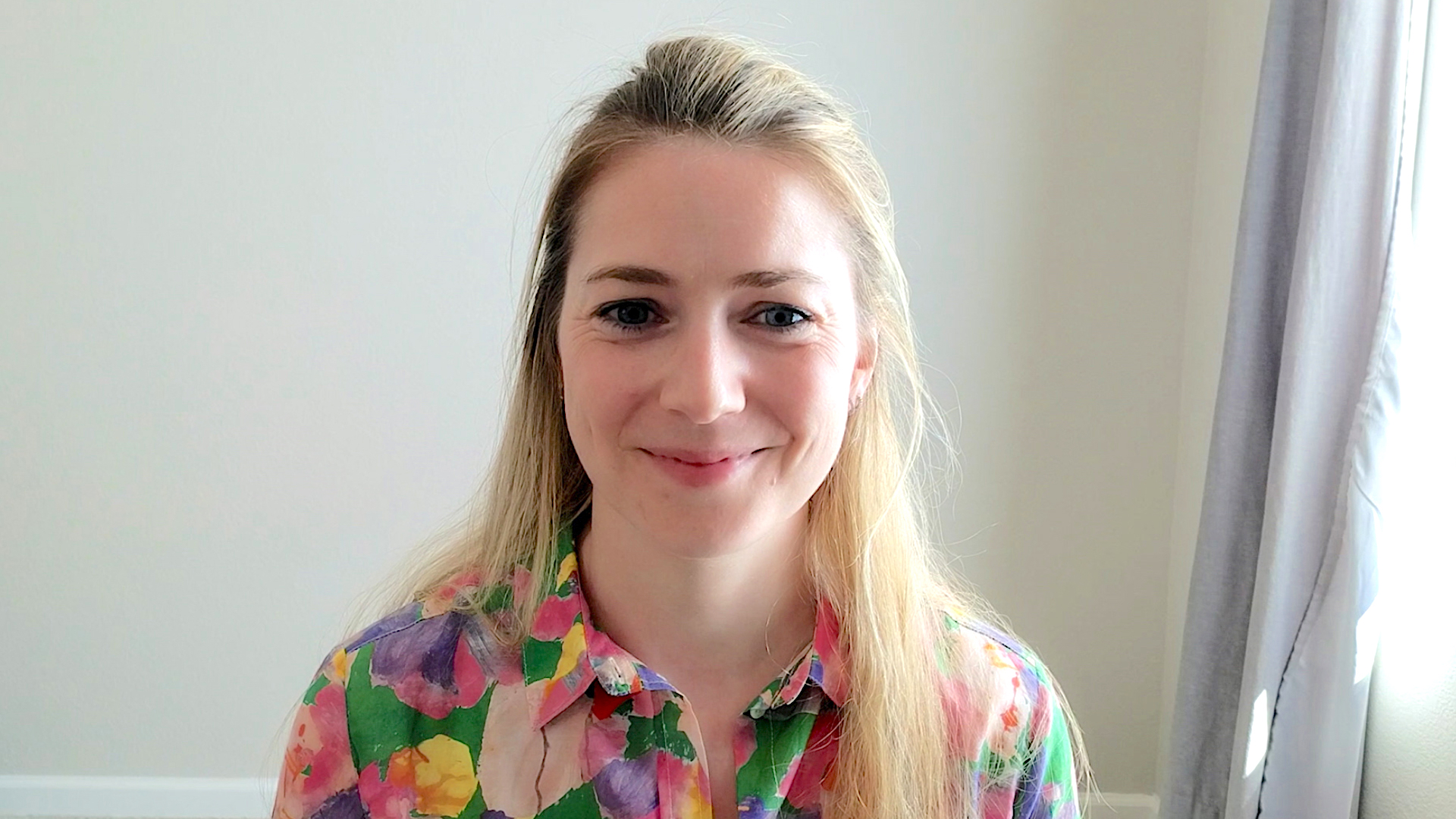 POLICY
POLICY
 POLICY
POLICY
 POLICY
POLICY
In the world of financial services, where money laundering and illicit activities lurk in the shadows, the need for robust automated controls is critical.
Meet Cable Tech Inc., a startup that is changing the financial industry by automating the painstaking process of testing these crucial controls.
“There is another regulatory requirement which is to independently test if those controls work,” said Natasha Vernier (pictured), co-founder and chief executive officer of Cable. “It’s not talked about as much, and there’s no technology that’s actually doing what we’re doing today, automating that testing.”
Vernier spoke with theCUBE industry analyst Dave Vellante during a CUBE Conversation at SiliconANGLE Media’s livestreaming studio. They discussed how Cable’s testing platform is reshaping the landscape of financial crime detection and the cutting-edge solution that the company brings to the forefront of compliance and security in the financial sector.
In the complex world of financial services, banks have long relied on automated software controls to detect financial crimes, particularly money laundering. However, ensuring that these controls are functioning effectively has traditionally been a manual and time-consuming process. This inefficiency led to the birth of Cable, a startup that has secured $11 million in funding, as reported by SiliconANGLE.
“In a previous life, [Vernier and fellow Cable co-founder Katie Savitz] worked at Monzo Bank in the U.K., building financial crime controls, including identity verification, fraud detection and transaction monitoring,” Vernier said. “We had engineers and data analysts to automate processes, but we noticed a significant gap in automating the testing of controls.”
This gap prompted Vernier and Savitz to start Cable, with a mission to automate control effectiveness testing. A related regulation is the need to test whether these automation controls work. This regulatory requirement, often overlooked, highlights the need for solutions, such as Cable’s, to assess the efficiency of financial crime controls comprehensively.
“Sometimes we get asked by investors if banks really want to know if their controls are working,” Vernier added. “We’re seeing a change in the market where compliance officers want to proactively ensure their institutions adhere to anti-financial crime regulations, driven by regulatory scrutiny and consumer demand for ethical banking practices.”
The COVID-19 pandemic significantly influenced Cable’s operational strategy, according to Vernier. Cable’s adaptable approach to remote work and its focus on different time zones for team collaboration has allowed it to expand its reach across regions.
In addition, Cable has made efforts to bridge the gap between traditional financial institutions and the cryptocurrency sector. The company’s solution helps crypto companies achieve the same level of financial crime control standards as their counterparts in the U.K. This transition is driven by regulatory scrutiny and the growing importance of compliance in the cryptocurrency space.
“What we’ve seen is a power shift,” Vernier said. “It used to be … that the fintechs, the unregulated entities, the crypto companies had the power. Now, what we’re seeing is the banks are able to be much more considerate. The banks are now turning away more fintechs and crypto companies than they are actually onboarding because of that power shift.”
Here’s theCUBE’s complete video interview, one of many CUBE Conversations from SiliconANGLE and theCUBE:
Support our open free content by sharing and engaging with our content and community.
Where Technology Leaders Connect, Share Intelligence & Create Opportunities
SiliconANGLE Media is a recognized leader in digital media innovation serving innovative audiences and brands, bringing together cutting-edge technology, influential content, strategic insights and real-time audience engagement. As the parent company of SiliconANGLE, theCUBE Network, theCUBE Research, CUBE365, theCUBE AI and theCUBE SuperStudios — such as those established in Silicon Valley and the New York Stock Exchange (NYSE) — SiliconANGLE Media operates at the intersection of media, technology, and AI. .
Founded by tech visionaries John Furrier and Dave Vellante, SiliconANGLE Media has built a powerful ecosystem of industry-leading digital media brands, with a reach of 15+ million elite tech professionals. The company’s new, proprietary theCUBE AI Video cloud is breaking ground in audience interaction, leveraging theCUBEai.com neural network to help technology companies make data-driven decisions and stay at the forefront of industry conversations.